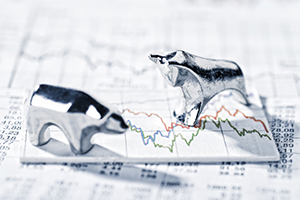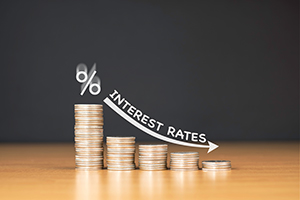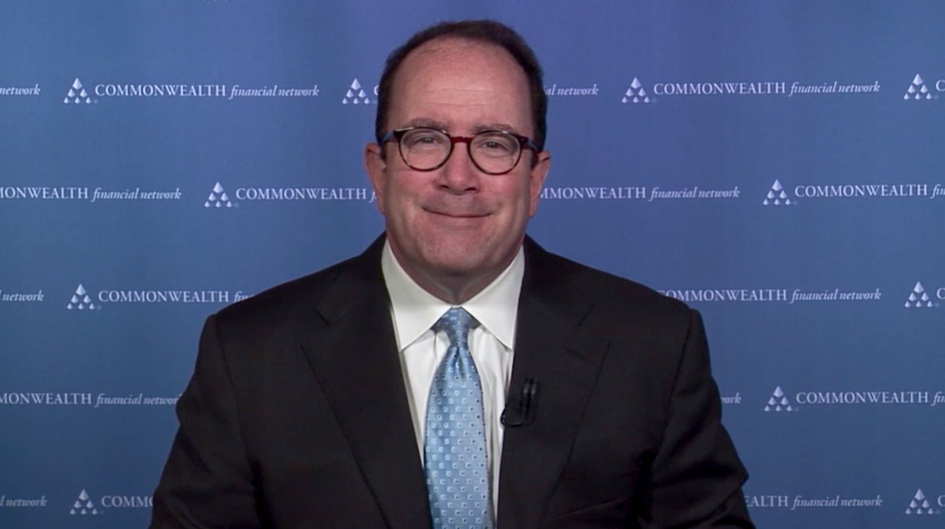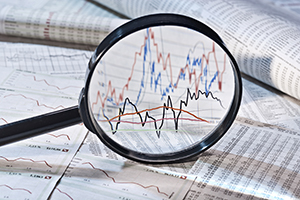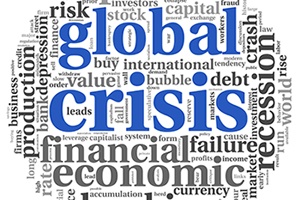Monday, March 9, will be the 11th anniversary of the bull market that started back in 2009. With recent pullbacks and turbulence around the coronavirus, it is reasonable to worry that this anniversary will be the last and that a bear market will break the streak sometime in the next year. As such, now seems a good time to consider where we stand—and where the market might be headed.



